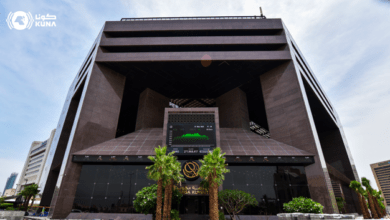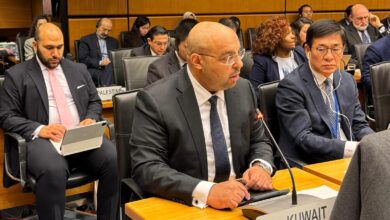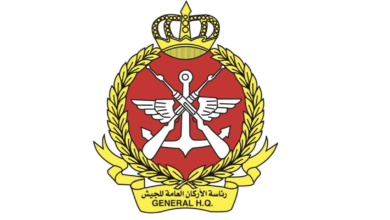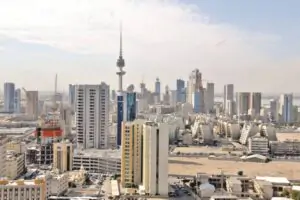Reviving tourism sector supports economic goals
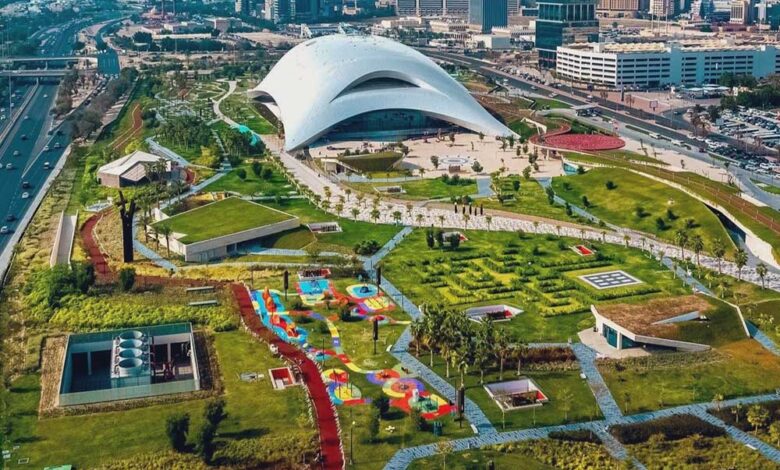
Tourism plays a pivotal role in the social and economic development of nations. In many countries tourism is a major source of tax revenue, employment and income. It promotes sustained and inclusive growth, social development and financial inclusion, as well as supports the United Nations Sustainable Development Goals (SDGs) of fostering economic growth, alleviating poverty, and creating productive employment.
Tourism also plays a pivotal role in environmental preservation, sustainable use of resources, protection of biodiversity, and the development of local communities and small businesses. Considering these economic and societal advantages, it is surprising that Kuwait, which in the 1960s and 70s was a major hub for visitors from across the Middle East and the wider world, has over the past decades accorded a low priority to developing tourism infrastructure and attracting visitors.
Since taking office in April 2024, the government headed by His Highness the Prime Minister Sheikh Ahmad Abdullah Al-Ahmad Al-Sabah has made reviving tourism a priority, and an integral element in the country’s development plan. In the latest measures to advance tourism, the Ministry of Information, which is responsible for regulating and promoting tourism in Kuwait, announced in early February a new draft law on tourism.
The draft law is part of the government’s drive to promote and develop the tourism sector through developing tourism-related activities, encouraging investment, and fostering growth. The law is also in line with the government’s broader New Kuwait development plan that seeks to achieve economic diversification, enhance private sector participation in the economy, create gainful employment opportunities for national youth, and develop a sustainable economy.
The tourism law outlines measures to develop a modern tourism development model specific to Kuwait’s needs and available resources, as well as to promote tourism projects, and attract local and foreign investments and capital. Importantly, the draft law calls for permitting international investments in the tourism sector without the need for a local agent, and providing access to allocation of state-owned lands and real-estate for tourism development.
The draft also includes developing comprehensive plans for tourism promotion, marketing the Kuwaiti tourism products globally, creating a domestic tourism market, and increasing tourist arrivals in the country. Additionally, the draft calls for adoption of an annual state plan for hosting festivals, events, exhibitions, and tourism conferences, with the aim of attracting visitors and generating economic, social, and cultural benefits for Kuwait.
Significantly, the draft law calls for amending visa regulations to encourage tourist arrivals and improve Kuwait’s global image as a secure and welcoming destination In this regard, it is noteworthy that in January the Ministry of Interior announced the streamlining of visa and residency processes with the aim of attracting visitors and boosting tourism in the country.
In addition to citizens of 52 countries being able to obtain visas upon arrival in Kuwait, the restructured visa procedures allow residents of Gulf Cooperation Council (GCC) states who meet certain eligibility criteria, to apply for tourist visas at border crossings. The new visa regulations also simplify the processes involved in applying for family, tourist, and commercial visas.
Additionally, the upcoming Unified Tourist Visa, also known as the Grand Tours visa, is expected to further enhance tourism in Kuwait and the region. The unified visa, which is expected to launch this year, will allow residents and tourists in any GCC country to visit the other five states and stay for 30 days or more, without the need for separate visas. Besides enhancing tourism, this initiative will benefit businesses, boost economic diversification, and promote sustainable growth in the region.
By demonstrating its commitment and administrative capacity to implement the draft tourism law, the government will encourage the private sector and foreign investors to confidently make investments in the tourism sector, based on the knowledge that their operations will receive the backing of the state. The lack of such a guarantee in the past has been considered a major stumbling block to tourism investments in the country.
According to the United Nations World Tourism Organization (UNWTO), travel and tourism is one of the world’s biggest economic activities, driving the creation of wealth, employment and development. The tourism sector is supported and complemented by several tourism focused industries, including hotels and other accommodations, restaurants and dining venues, air, land and sea transport, retail trade, travel agencies, as well as cultural, sports, and recreational activities.
Besides contributing to the holistic growth and development of its economy as well as environmental sustainability of the nation, travel and tourism also helps in building the country’s brand value, image and identity. As a founding member of the UNWTO, now branded as UN Tourism, and in line with its interest to develop the tourism sector, Kuwait is keen to cooperate with the UN entity to foster inclusive socio-economic growth and development.
As a highly urbanized state, Kuwait offers many built attractions and services to tourists and visitors. It offers a world class experience in hospitality with its small yet strong hotel industry, a large number of world-class shopping malls, arcades, restaurants, museums, theaters. and cultural centers. In addition, the country has a famed corniche dotted with beaches and marinas, as well as extensive parks, entertainment venues, and beach resorts.
While the built attractions in Kuwait are similar to those available in neighboring states, what differentiates the country is its distinctive cultural and archeological heritage. With adequate government support and appropriate promotion, Kuwait could leverage this unique characteristic to attract local and international tourists, and also encourage investments in this sector.
Kuwait has a rich history of archaeological discoveries that underline the ancient civilizations that settled its land throughout history. These excavations highlight the country’s strategic location that enabled it to play a crucial role in facilitating transport, communication, and cultural exchange between people and civilizations eons ago.
Failaka Island, lying 20km off the coast of Kuwait City, is one of Kuwait’s most prominent archaeological sites. Believed to have been settled around 2000 BCE following a fall in sea level, the island has been linked to the Sumerian city-state of Ur in the third millennium BCE. From the third to the middle of the first millennium, Failaka, known as ‘Agarum’ in ancient Sumerian texts, was also a hub for the Dilmun civilization. The island has also been closely linked to Classical Greece and Hellenistic dynasties, and served as an outpost for armies of Alexander the Great.
Archeological evidence also highlights an even more ancient site in Al-Sabiya, located in northern Kuwait. International excavations there have uncovered evidence of civilizations dating back to the Ubaid period (4500–5500 BCE), including settlements with adjacent chambers, burial mounds, as well as arrowheads, axes, and other Neolithic stone tools. Notably, the discovery of a mud model of a sea-vessel, believed to be the oldest known in archeology, indicates significant maritime activity and trade with nearby civilizations.
More recent excavations around Kuwait City, have revealed three-century-old settlements, including ancient neighborhoods with rare artifacts such as coins, pottery, and remains of houses, along with traces of Kuwait’s second defensive wall, offering insights into the city’s historical development. The country’s rich cultural heritage as evidenced by the ancient archeological findings offer the potential for Kuwait to develop a differentiated tourism experience for visitors.
By clearly defining its ambitions and positioning itself globally as a desirable destination, Kuwait can develop a comprehensive and resilient tourism strategy, which supports the enacting and implementation of policies and initiatives that promote tourism. This will also support the country’s Vision 2035, and Kuwait’s renaissance as a cultural center that attracts people from the region and beyond.







